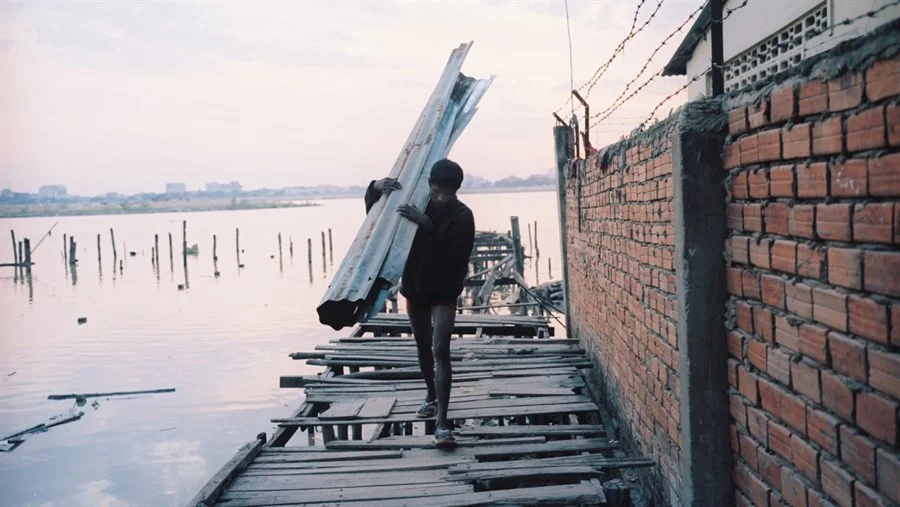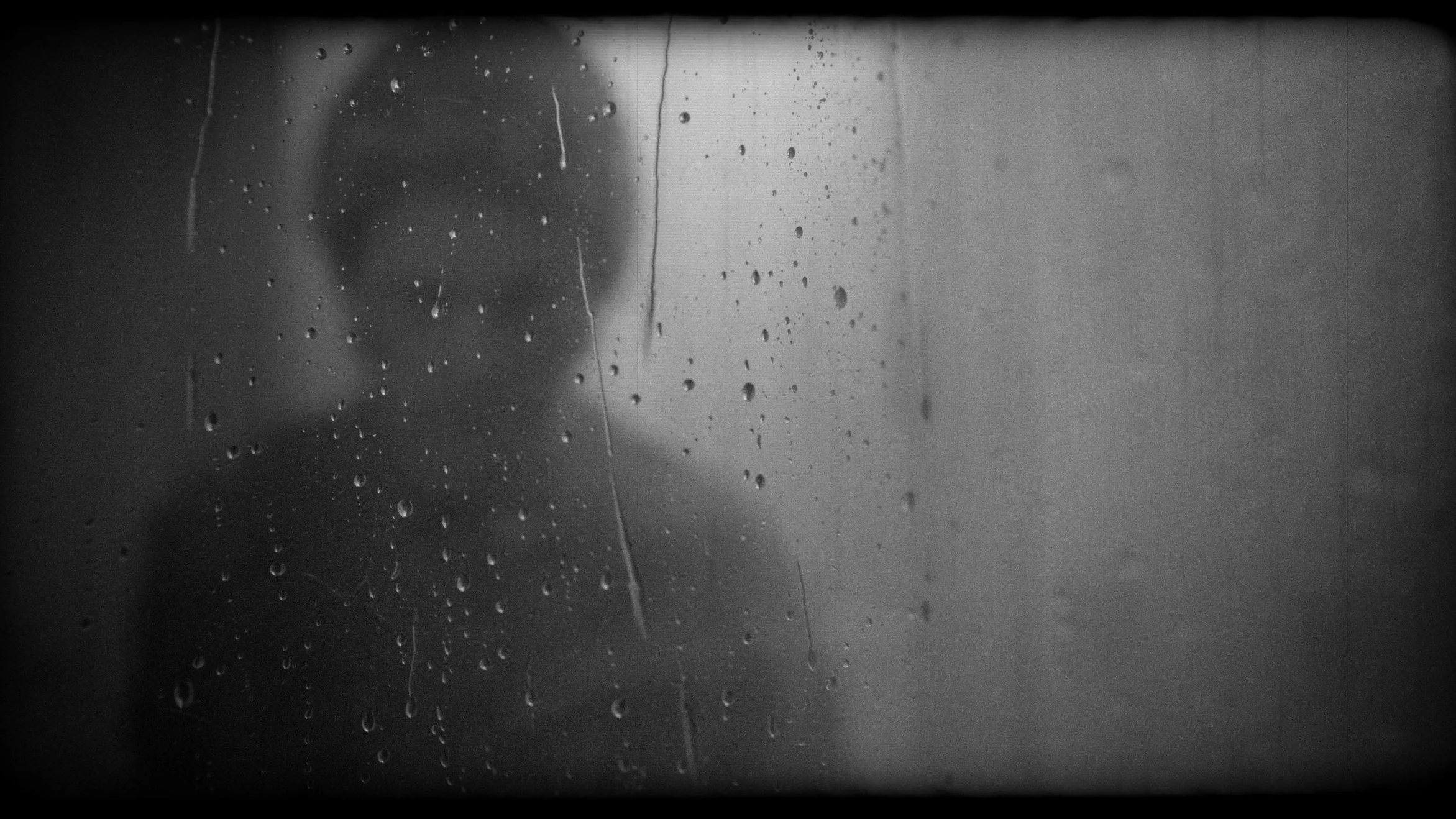Hot Docs 2017: A Cambodian Spring
"The representation of private interests ... abolishes all natural and spiritual distinctions by enthroning in their stead the immoral, irrational and soulless abstraction of a particular material object and a particular consciousness which is slavishly subordinated to this object.” This quote from Karl Marx, and in reference to the events in A Cambodian Spring, feels like the most appropriate response to the corruption, abuse of power and oppression that occurs in Chris Kelly’s thoroughly realized documentary.
Following the grassroots protest and civilian response that started thousands of families are forcibly evicted from Boeung Kak Lake, located in Cambodia’s capital city, Phnom Penn. The Shukaku company with government connections leads a development scheme so duplicitous it makes the fictional villainy of Noah Cross seem pedestrian in comparison. A Cambodian Spring follows the residents of Boenk Kak who see their homes flooded, bulldozed and the authorities brutal reaction to the grassroots, civilian protests in response to their community being destroyed with reckless abandon.
The plight of the oppressed is a story as old as time, but what Kelly dials into is something that has become a major game changer in the face of modern politics which is modern technology and social media. Taking a stake in the fight is Buddhist Monk Venerable Sovath; who, against the tradition of his constituents plays an active role in the plight of the people. Venerable Sovath doesn’t follow the tradition that Monks shouldn’t meddle in worldly affairs, seeing that the well-being of the people as something impossible to ignore; and in his resolve for peaceful protest utilizes his skill as a videographer to document police violence.
What is very much a detailed observation of right and wrong begets another story of contemporary surveillance; mobiles, camcorder, and cameras are always in frame, charting an ascension of media involvement in politics.
Standout moment includes the child led protest once their mothers (namely Toul Srey Pov and Tep Vanny) were wrongfully imprisoned resulting in their release. Kelly's dedication to the subject is evident on screen, A Cambodian Spring abstains from talking heads and narration for in-the-moment documentation, and it works to the film's favor.



